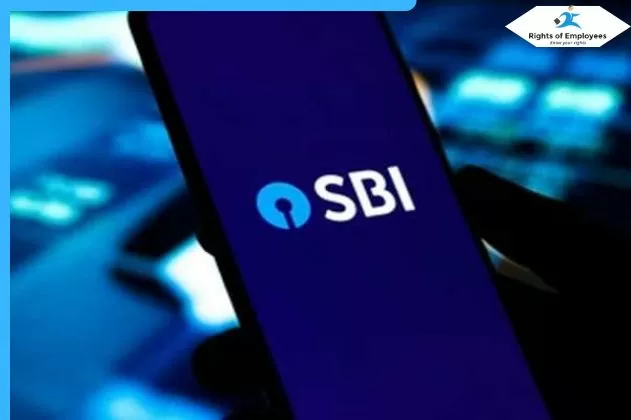State Bank of India i.e. SBI customers are receiving a message on their registered mobile numbers, claiming that their accounts will be temporarily locked due to suspicious activity.
If you get such a message, then there is no need to panic at all. Rather, there is a need to be cautious about it. This is a fake message being circulated by scammers. If you have also received any such message, do not reply to it and inform the bank immediately.
PIB Fact Check warns SBI customers about fake messages. “A fake message in the name of SBI claiming that the recipient’s account has been temporarily locked due to suspicious activity. “PBI cautions that never respond to any such email/SMS asking you to share your banking details. Report such messages immediately to report.phishing@sbi.co.in,”
what happens when you click on such a link
When you click on such a link, you are giving scammers access to your bank account and your personal data.In this way you risk losing all your capital.Clicking on any link sent by the scammer to your phone or email-id gives the scammer access to the data needed to access your account.
A #Fake message impersonating @TheOfficialSBI claims that recipient’s account has been temporarily locked due to suspicious activity#PIBFactCheck
✖️Never respond to emails/SMS asking to share your banking details
✔️Report such messages immediately on report.phishing@sbi.co.in pic.twitter.com/9SMIRdEXZA
— PIB Fact Check (@PIBFactCheck) May 16, 2023
What to do if you get such a message
Do not respond to any email/SMS/Whatsapp asking to share personal or banking details.
Report such messages immediately at report.phishing@sbi.co.in
You can also call 1930.
SBI on its website has also warned its customers that the bank will never ask for personal information, including account numbers, passwords or other sensitive information, through SMS.The bank asked customers to exercise caution if they receive a text message expressing an urgent need to update their information, activate the account or verify their identity by calling a phone number or submitting information on the website So these messages could be part of phishing mail used by fraudsters to get hold of your confidential account information and commit fraud.













